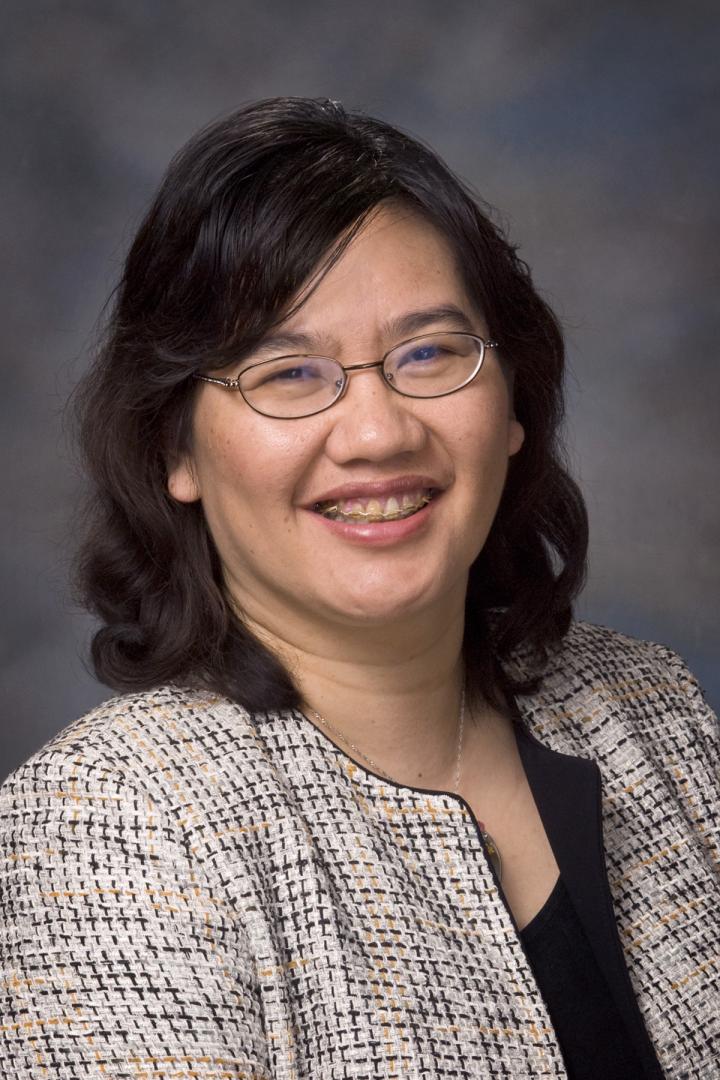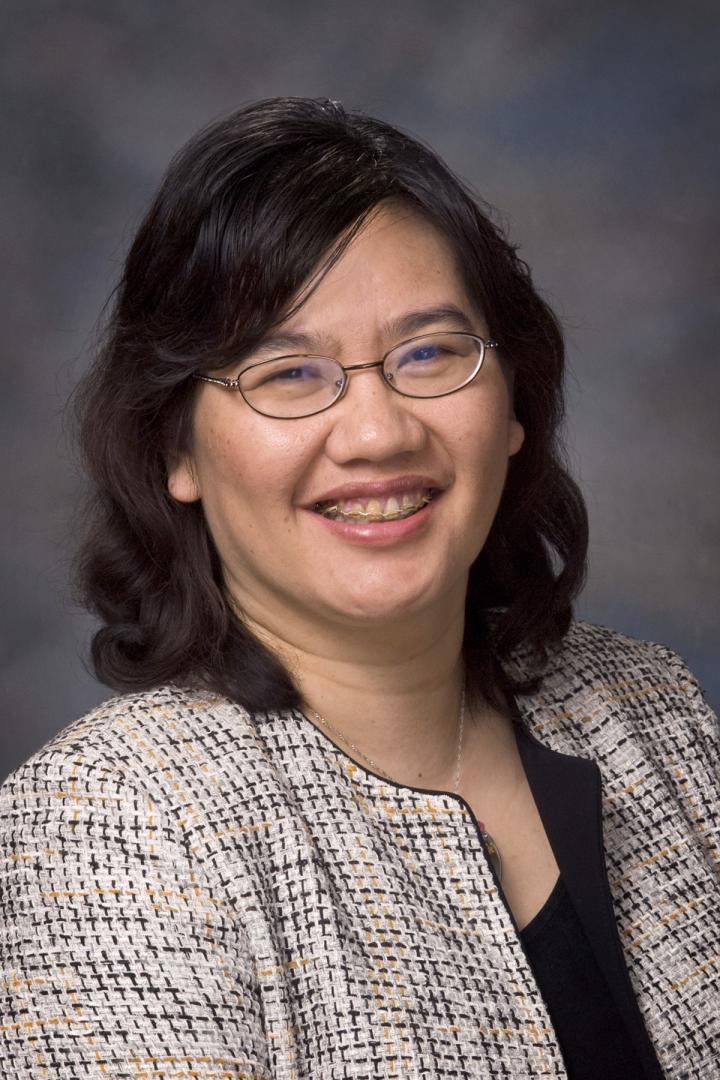
Credit: MD Anderson Cancer Center
Researchers at The University of Texas MD Anderson Cancer Center have developed a new personalized assessment tool that could better predict lung cancer risk in never, light and heavy smokers using a large Taiwanese prospective cohort study. By incorporating risk factors in addition to smoking history, this tool could better classify those in greatest need of lung cancer screening and reduce false positives. The study, published online today in Nature's Scientific Reports, is the first to develop a tool for personalized risk assessment in never smokers in a large prospective cohort design.
The American Cancer Society estimates 224,390 people will be diagnosed with lung cancer this year in the United States and 158,080 will die from the disease. While the majority of these cases will be diagnosed in smokers, as many as 20 percent of lung cancers in the U.S. occur in those who do not smoke.
"Currently, there are no criteria to select high-risk individuals for lung cancer in never smokers," says lead author Xifeng Wu, M.D., Ph.D., professor of Epidemiology. "Lung cancer screening criteria is based only on age and smoking information, but from this study we can differentiate risk in those who have never smoked in addition to light and heavy smokers."
Based on the results of the National Lung Screening Trial (NLST), low-dose computed tomography (LDCT) lung cancer screening is recommended for individuals between the ages of 55 and 74 with a smoking history of 30 pack-years, which is defined as smoking one pack per day for 30 years. Thus, light and never smokers would not be candidates for lung cancer screening.
However, according to Wu, roughly only one-quarter of lung cancers diagnosed in the U.S. meet the strict screening criteria from the NLST, indicating a need for better risk stratification across all smoking types.
For this study, the researchers analyzed a prospective cohort of 395,875 participants in Taiwan, recruited by MJ Health Group to participate in a health-screening program across Taiwan. Mean age of the participants was 40.4 and 52 percent of the cohort was female. Heavy smokers were classified as those with a smoking history of 30 pack-years or greater, and light smokers had less than a 30 pack-year history
The analyses were conducted after a median 7.3 years of follow-up. Among the participants, 1,117 cases of lung cancer were diagnosed at a mean age of 60.2. Forty-seven percent of the lung cancers were diagnosed in never-smokers, which constituted 71 percent of the participants, and 38 percent occurred in females.
In addition to age, gender and smoking history, the researchers incorporated personal and family cancer history, body mass index, a lung function test, and four blood biomarkers to determine five- and 10-year risk probabilities for never, light and heavy smokers.
In the current study, the five-year estimated risk of lung cancer ranged from 0.01 percent to 15.82 percent in never smokers, from 0 percent to 7.39 percent in light smokers, and from 0.02 percent to 7.48 percent in heavy smokers.
The 10-year estimated risks ranged from 0.02 percent to 32.97 percent in never smokers, from 0.01 percent to 16.31 percent in light smokers, and 0.06 percent to 18.13 percent in heavy smokers.
"Our model was able to stratify light and never smokers into groups with dramatically different probabilities of developing lung cancer over time. According to our results, a small number of never smokers have lung cancer risks as high as some heavy smokers," says Wu.
The findings highlight varying degrees of risk across each type of smoker, underscoring the need to consider alternative factors when recommending LDCT screening for lung cancer, explains Wu. Through more accurate classification of lung cancer risk, the researchers hope to reduce unnecessary screening and false positives in lower-risk smokers and improve screening for high-risk non-smokers.
Despite the large number of participants included in this study, the findings are limited by studying a distinct Taiwanese population. Additional validations in independent cohorts will be necessary to determine the true predictive ability of this model across non-Asian populations, says Wu, who is actively working with identify appropriate cohorts for future studies.
###
Other MD Anderson authors on the study include: Yuanqing Ye, Ph.D, Xia Pu, Ph.D., Wong-Ho Chow, Ph.D., Chad Huff, Ph.D., Sonia Cunningham, Ph.D., Maosheng Huang, M.D., and Jian Gu, Ph.D., all of Epidemiology; Jack A. Roth, M.D., Thoracic and Cardiovascular Surgery Additional authors include: Chi Pang Wen, M.D., Dr.P.H., MinKwang Tsai, and Shuanbei Wu, all of National Health Research Institutes, Zhunan, Taiwan and China Medical University Hospital, Taichung, Taiwan; Christopher Wen, M.D., University of California at Irvine; Chwen Keng Tsao, MJ Health Management Institution, Taipei, Taiwan; and Scott M. Lippman, M.D., UC San Diego Moores Cancer Center.
The work was supported by The University of Texas MD Anderson Cancer Center Research Trust, The Center for Translational and Public Health Genomics, Duncan Family Institute for Cancer Prevention and Risk Assessment, The University of Texas MD Anderson Cancer Center, and Taiwan Department of Health Clinical Trial and Research Center of Excellence (DOH101-TD-B-111-004).
Media Contact
Clayton R. Boldt, Ph.D.
[email protected]
713-792-9518
@mdandersonnews
http://www.mdanderson.org




